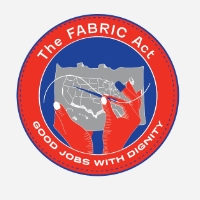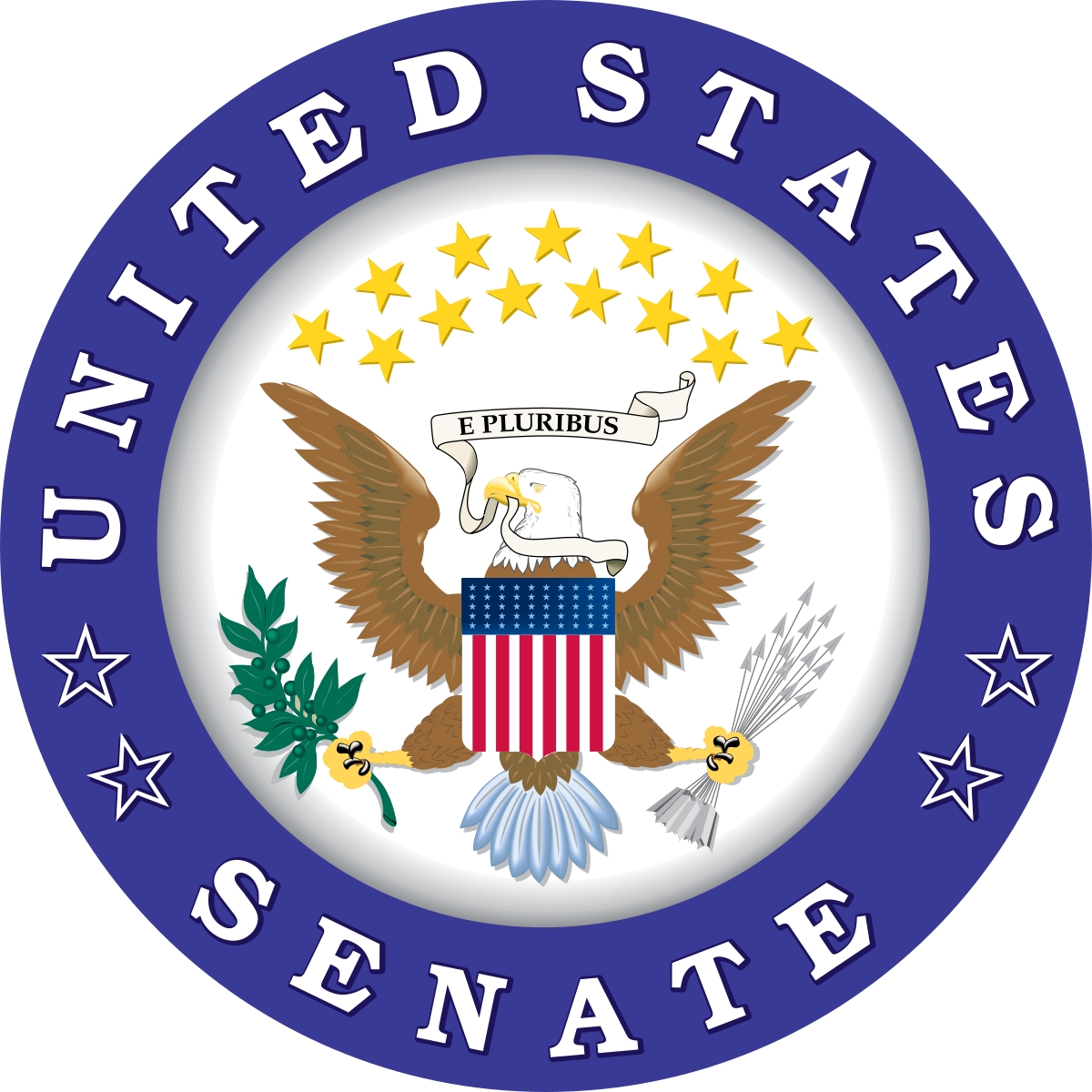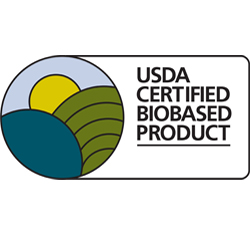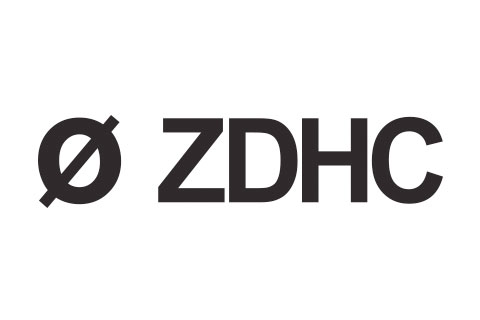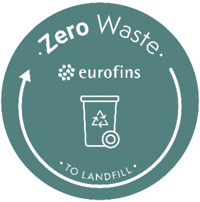In May 2022, a new The Fashion Accountability and Building Real Institutional Change (FABRIC) Act bill was proposed that aims to protect the wages of US garment workers and also encourage the fashion industry to move production back to the USA.
The (FABRIC) Act would also make fashion brands and retailers jointly liable – with their suppliers – for value chain wage violations.
The bi-partisan Supply Chain Resiliency Act, introduced as Bill H.R. 6571 and passed in May 2024, and now goes to the Senate. It aims to strengthen and diversify America's supply chains. The act recognises what is calls the ‘critical importance’ of robust and resilient supply chains for national security, economic prosperity, and global competitiveness.
The United States Department of Agriculture administers the BioPreferred Program, which was created by the Farm Security and Rural Investment Act of 2002 (FSRIA or 2002 Farm Bill) and reauthorized and expanded as part of the Agriculture Improvement Act of 2018 (2018 Farm Bill).
The Yarn Ethically & Sustainably Sourced standard is a multi-stakeholder initiative created by Responsible Sourcing Network (RSN), it attempts to implement a due diligence approach to address the harm caused by forced labour involved in cotton production.
The ZDHC Gateway is a powerful tool and database designed to help eliminate harmful substances from global fashion and footwear supply chains.
Launched in October 2022 by Eurofins, the ‘Zero Waste to Landfill’ certification service aims to support company-wide commitments on zero waste and reduce the amount of industrial waste that ends up in landfill. The new service is designed to reflect UN Sustainable Development Goal 12 and is said to take a ‘laser-focused’ approach to assess and verify the level of effort taken to minimise waste disposal to landfills by businesses.


